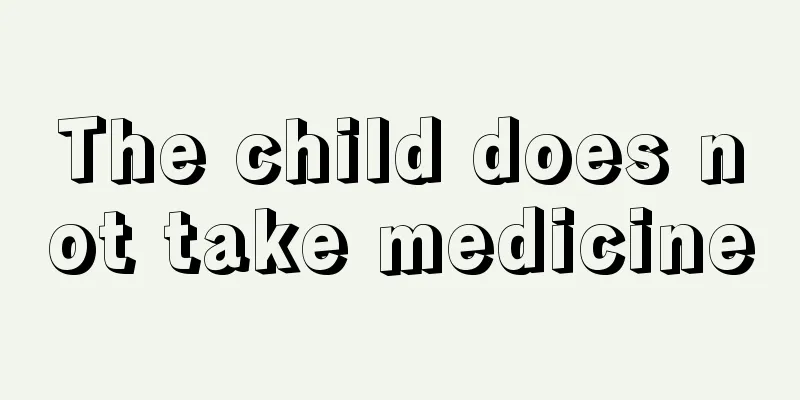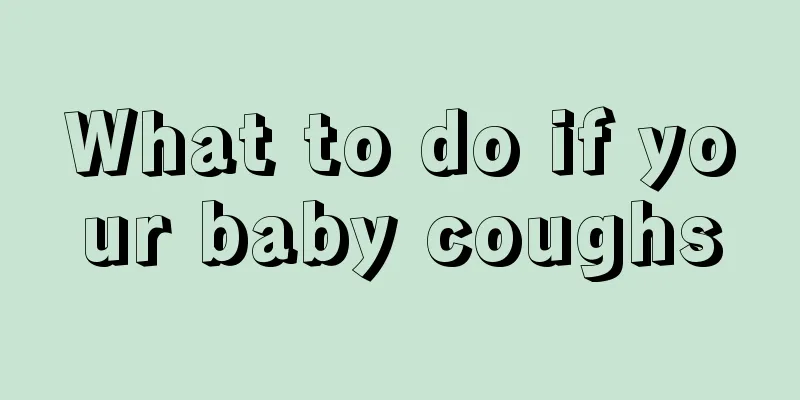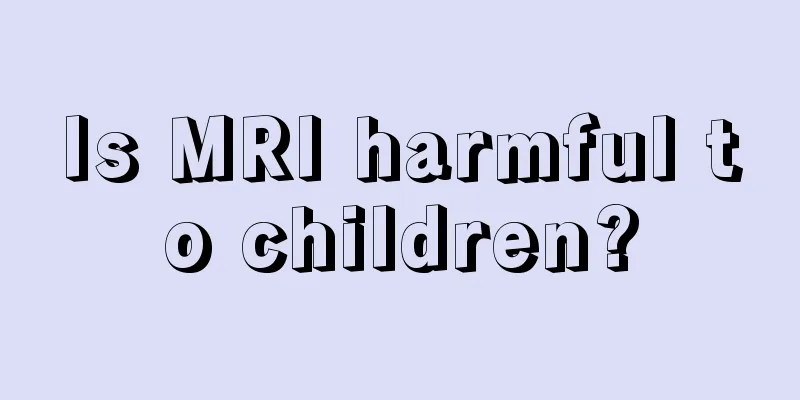The child does not take medicine

|
If you have experience in taking care of children, you will know that children really don’t like taking medicine. It's not just because the medicine tastes bitter, but also because children's throats are relatively small, while some medicines are relatively large in size, which can cause difficulty in swallowing during the process of taking the medicine. If the child refuses to take the medicine, then the parents can only think of some ways to solve this problem. If your child refuses to take medicine, you can analyze the reasons why he refuses to take medicine: If the problem is that the medicine has an unpleasant odor, the solid medicine can be wrapped in gel so that the child cannot smell the odor. Pinching the nose forcefully can easily cause the child to choke, so don’t feed them medicine “violently”! If the child's swallowing function is very poor and he has difficulty swallowing the medicine, the gel can also serve as a good aid. The most important thing is that you can wrap more medicines at a time, so that the number of times you take the medicine is reduced. Taking medicine seems to be easier than getting an injection, but some children just refuse to open their mouths. Force injection is not a good idea. Let's think of other solutions. First, you can add sugar water to the powder and drink it, but of course not too much water. Second, if your child can already take tablets, you can choose a dosage form with capsules. It should be noted that the medicine powder should not be poured all into milk or a whole bottle of water for the child to drink, as this will inevitably affect the child's appetite and make the already poor appetite during the illness even worse. In addition, you should choose the time to feed your child medicine. Try not to feed your child medicine when he is very full, because the slightest nausea can easily cause the child to vomit. For children, they should take medicine before drinking milk, which is effective in reducing the chance of vomiting in children. Of course, if the above methods are ineffective and the child must take the medicine, it is inevitable to force him or her. But if you force-feed the medicine, be careful not to let the child's head tilt back, as that can easily cause the medicine to enter the trachea. Try to hold the child gently. If you hold too tightly, it will increase the child's fear, causing him to cry and struggle more, which will be counterproductive. In short, getting injections and taking medicine is not a happy thing. Parents should let their children know this and not deceive them. At the same time, they should encourage them to be brave and relieve their worries. |
<<: What should I pay attention to when my baby is teething?
>>: Baby's body has acne with white spots
Recommend
What is the height and weight of a 2-year-old and 8-month-old girl?
A baby is increasingly becoming a symbol of a fam...
Is sticking out the tongue a symptom of cerebral palsy?
The symptoms of cerebral palsy are very common no...
Causes of redness and swelling after children receive DPT vaccination
In fact, many parents know that vaccination is an...
How to treat infantile hemangioma?
In recent years, hemangiomas in infants and young...
Can babies eat taro if they have diarrhea?
Babies often have diarrhea when they are young, w...
What to do if children have severe cold
Children are the most cared-for members of every ...
What are the treatments for oral ulcers in children?
In daily life, it is common for children to suffe...
How to solve the problem of baby kicking the quilt at night
The problem of babies kicking off the quilt at ni...
What to do if your child has swollen tonsils
Swollen tonsils are a very common disease. Childr...
How to treat constipation in children?
Children nowadays are the treasures of the family...
Can babies take zinc supplements? It is important to understand your baby's condition
Zinc is essential for everyone. If a baby lacks z...
What to do if your child's hair turns white
Everyone's hair quality is different. When yo...
What are the methods for babies to recuperate and regulate their bodies during hospitalization?
As we all know, very young infants and young chil...
What should I do to relieve the red bloodshot eyes?
Some mothers may find that their babies suddenly ...
What to do about childhood asthma?
I believe everyone is familiar with the disease o...









